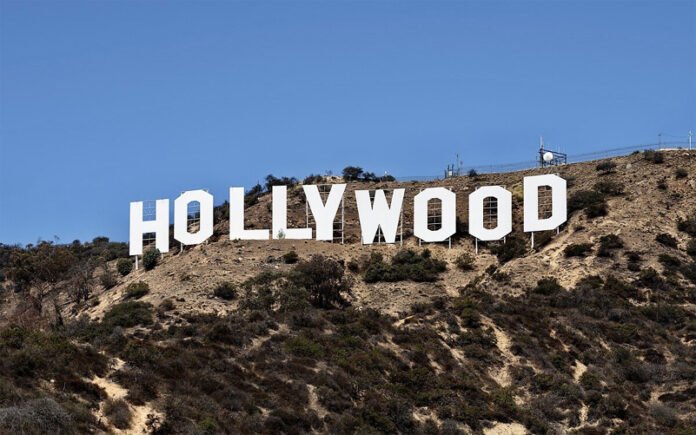Los Angeles/Ottawa: The global debate over artificial intelligence (AI) took center stage this week, with Hollywood’s creative industries grappling with the technology’s rapid infiltration into filmmaking — even as Canada launched a $2.4 billion public AI investment plan to build its national AI infrastructure and innovation ecosystem.
In Hollywood, studios and writers are locked in a tense standoff over AI-generated scripts and digital replicas. Film unions, including the Writers Guild of America (WGA), have repeatedly warned that AI threatens to “erase human storytelling” by replacing screenwriters and background actors. Clips under the hashtag #AIinHollywood have gone viral, featuring industry insiders debating whether AI tools can truly capture emotion and creativity.
“AI can assist — but it cannot feel,” said Elena Ramirez, a screenwriter behind several Netflix hits. “If studios replace writers with algorithms, they’ll lose the soul of cinema.”
Meanwhile, north of the border, Canadian Prime Minister Mark Carney’s government has unveiled a sweeping C$2.4 billion ($2.4 billion USD) plan to strengthen the country’s AI capabilities, with funding directed toward supercomputing infrastructure, public research, and digital safety standards. The initiative aims to position Canada as a global leader in responsible AI, while addressing economic disruption caused by automation.
“Artificial intelligence will define the next generation of jobs,” said François-Philippe Champagne, Canada’s Minister of Innovation. “Our investment ensures Canadians build — not just consume — the AI future.”
However, economists warn that AI adoption could displace up to 300 million full-time jobs globally over the next decade, citing a 2024 report from Goldman Sachs. The creative and media sectors, where generative AI tools like ChatGPT, Sora, and Runway are being rapidly deployed, are seen as among the most vulnerable.
Tech analysts note that the juxtaposition between Hollywood’s fear of AI job losses and Ottawa’s strategic investment underscores the global divide between regulation and innovation. While North American companies race to commercialize generative AI, unions and ethicists are demanding frameworks that protect intellectual property, consent, and labor rights.
The debate is now spreading beyond studios and labs to classrooms, boardrooms, and Parliament floors — reflecting a broader reckoning with how much creative and economic control societies are willing to hand over to algorithms.












